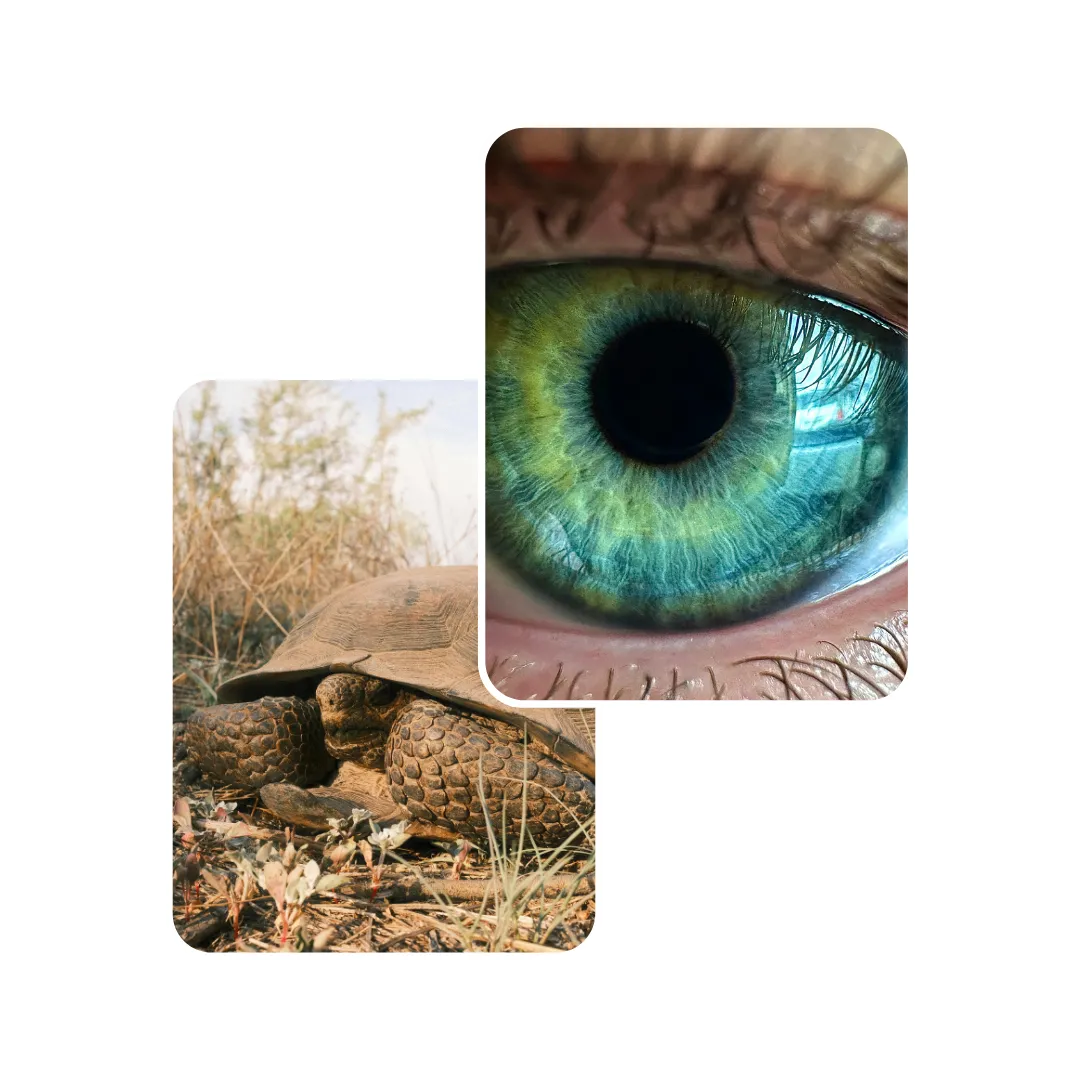

No! Swollen eyes mean the tortoise is starving. Every day of non-feeding pushes it closer to fatal organ failure and irreversible damage.
The deficiency is too profound. The gut is compromised and the tortoise isn't eating. Injectable Vitamin A is necessary to rapidly saturate the body and start the healing process.
If the swelling is prolonged, the pressure can cause severe damage. Immediate intervention is the only way to save its sight.
The underlying nutritional deficiency is not contagious. However, the secondary bacterial infection is often caused by pathogens in the environment, making hygiene critical.
Yes. The same deficiency that causes eye infection also causes severe respiratory issues and fatal kidney failure. The ocular issue is a visible warning of systemic collapse.
Your pet deserves expert care – Subscribe now for trusted tips and updates from our pet experts.
